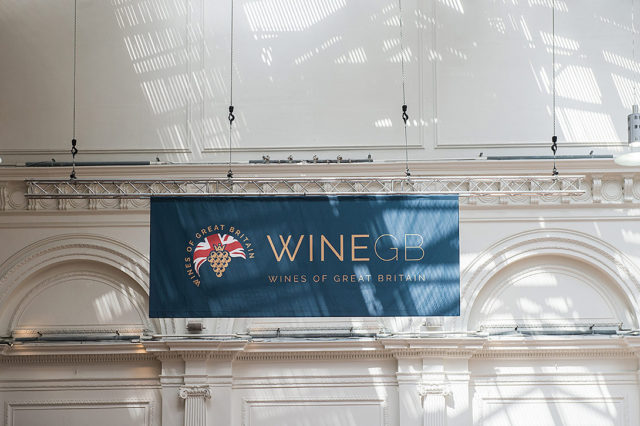Harvest Time 2019

The grape harvest has started in France with a sense of urgency. The very hot July period has brought the harvest forward for most of the regions. There are also some problems associated with the extreme of summer temperature, with some of the grapes getting sunburnt which isn’t great for flavours. Champagne, for instance, is reporting a drop of about 20% in total production. Champagne produced just over 300 million bottles in 2018. If the estimates are correct this would drop to about 240 million bottles, putting 2019 as the smallest harvest in over a decade.
The French harvest, on average, has moved earlier by 20 days over the course of the last 40 years. It used to be said that ripe grapes were harvest almost exactly 90 days after flowering. This gave the perfect balance of flavour ripeness, sugar ripeness and the natural reduction of acidity in the grapes. So, what is going on now? For sure, the grapes aren’t going to be getting their ideal ripening period. The most obvious effect is that sugar levels are going up, which means that resultant alcohol levels are going up too. 14.7% alcohol red wine on a school night anyone? The reason that there are so many 14.7% wines around is that this is the cut-off point to paying more wine duty. Above this, one pays the level of tax for Sherry and Port, which puts another £1 of tax on a bottle.
Often wine producers have to order the labels for their bottles before they know the final alcohol levels in their wines. They can guesstimate what the wine will be and the UK government allows for a 0.5% error variation either way. Hence a 15.2% wine can be labelled as 14.7% and pays the lower tax rate.
Going back to the big drop in Champagne production, you might be thinking this would be a fantastic opportunity for English and Welsh sparkling wines. 2018 was a record harvest for domestic wine production in the UK. However, the 2018 total is still only about 12 million bottles. Not really enough to make a dent in the French fizz market. Sadly, the British harvest is going to be down this year too. Quality is reported to be really good, but the actual harvest won’t be beginning until the end of September running through into October. Until the grapes are in the tanks and fermenting, the chickens definitely can’t be counted when it comes to British weather!
British wine production may well be a drop in the ocean compared to France, but it almost all at the premium end. As the climate changes and gets warmer, Britain will be ideally placed to out-do the French as they boil away in their ever hotter summers. Premium vineyards will have to creep ever Northwards to keep the grapes cool and the wines fresh tasting. France will become too hot for Chardonnay and Pinot Noir. Can you guess which are the two most planted grapes in England?!
